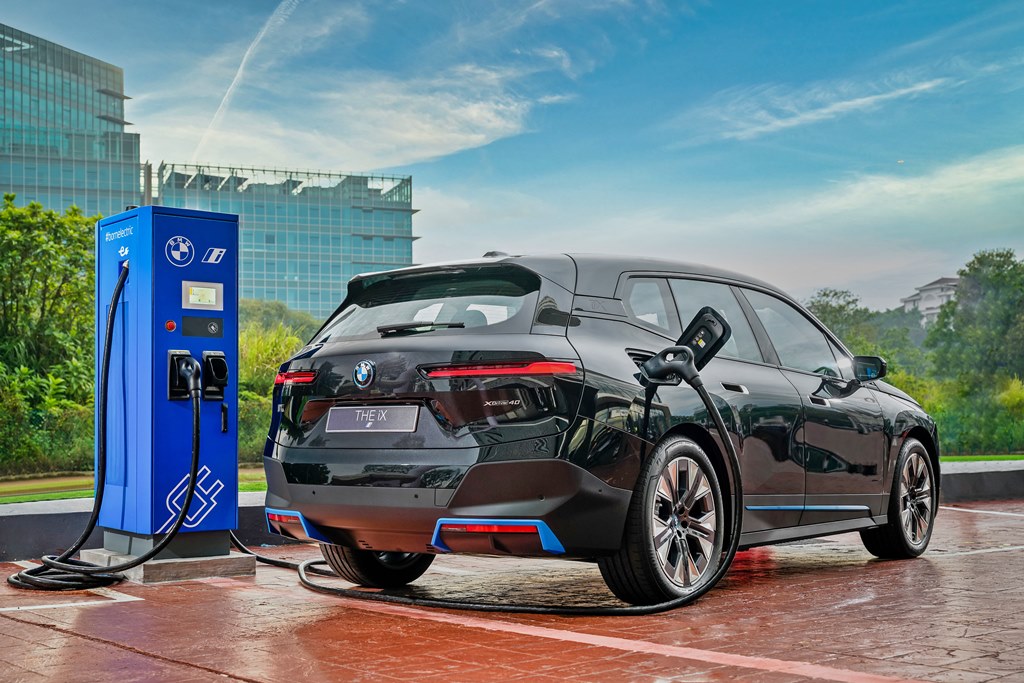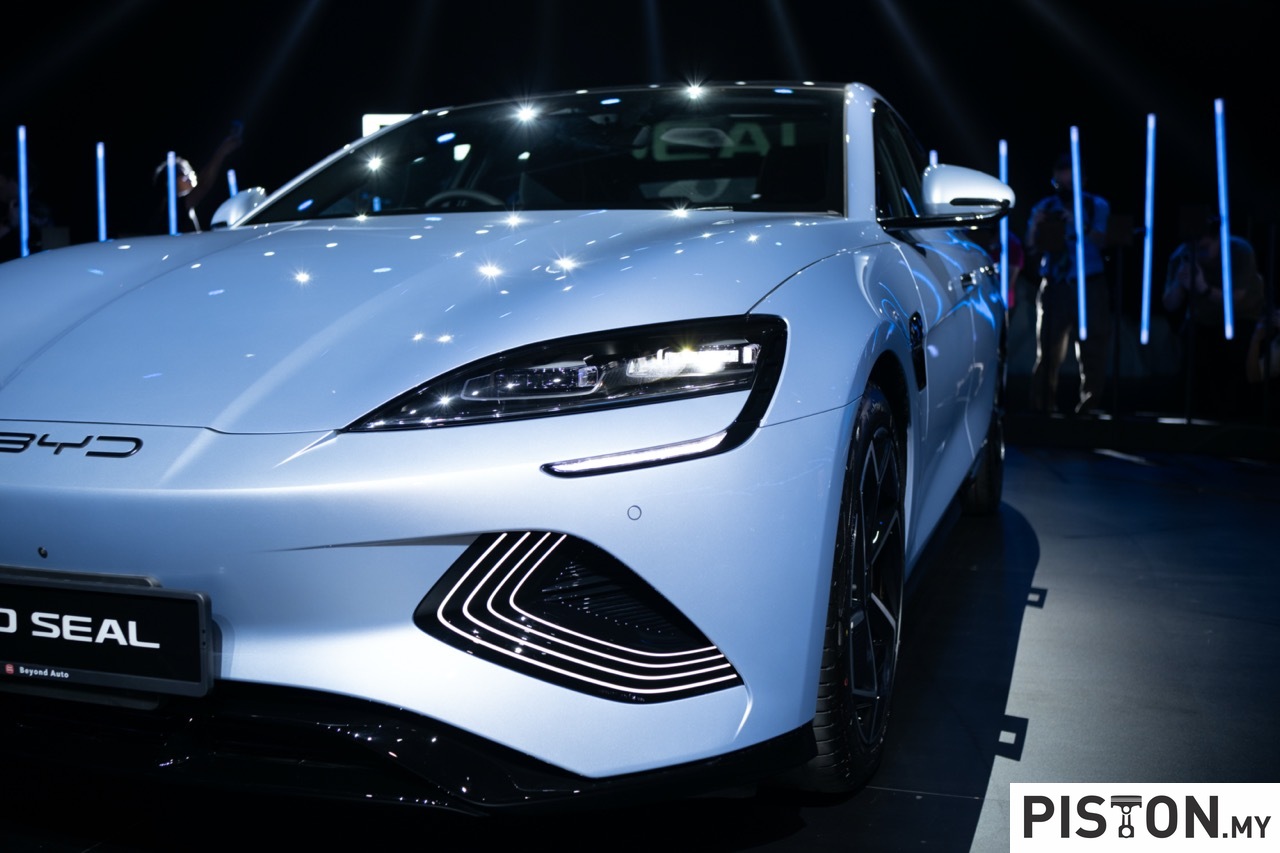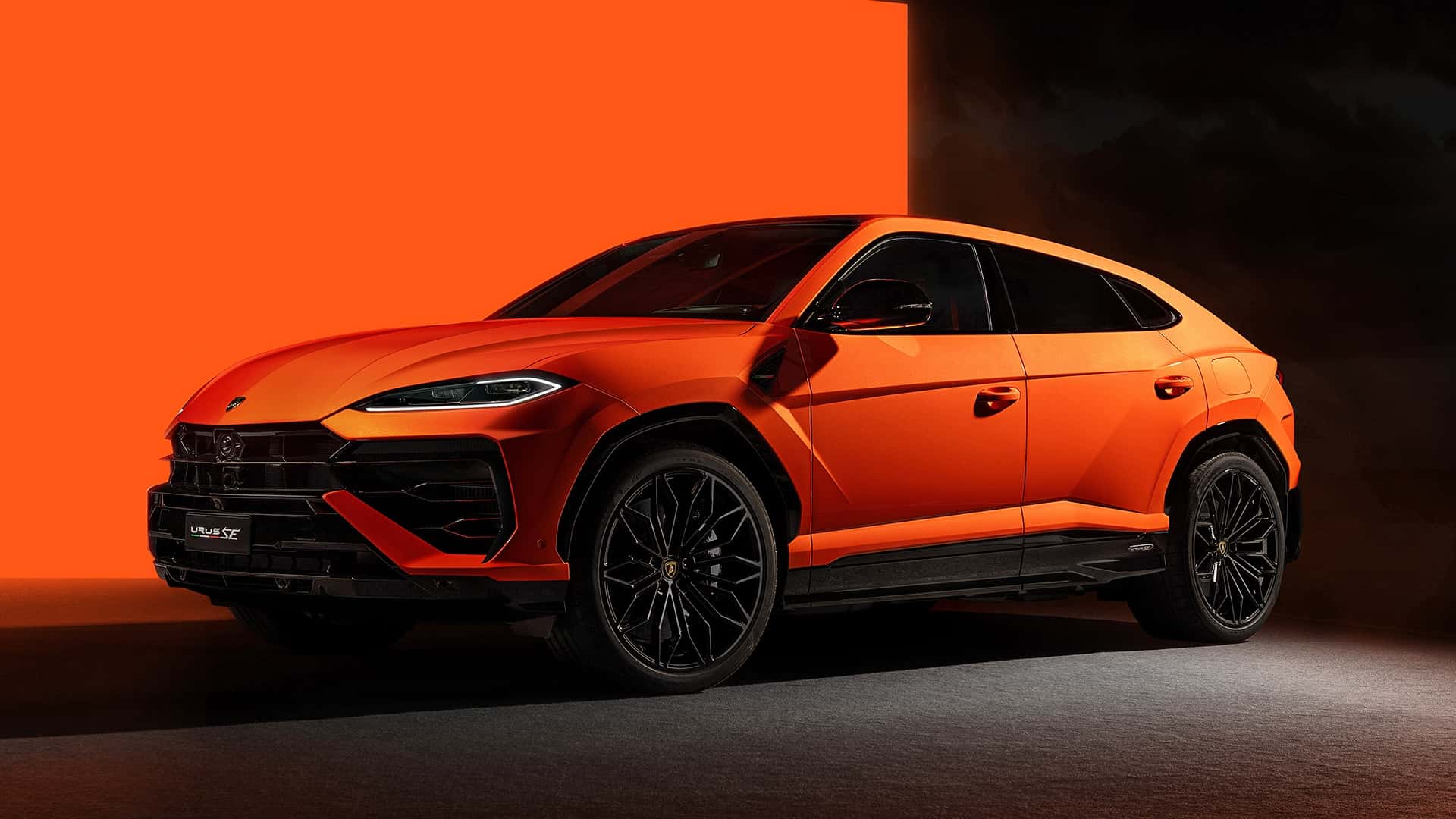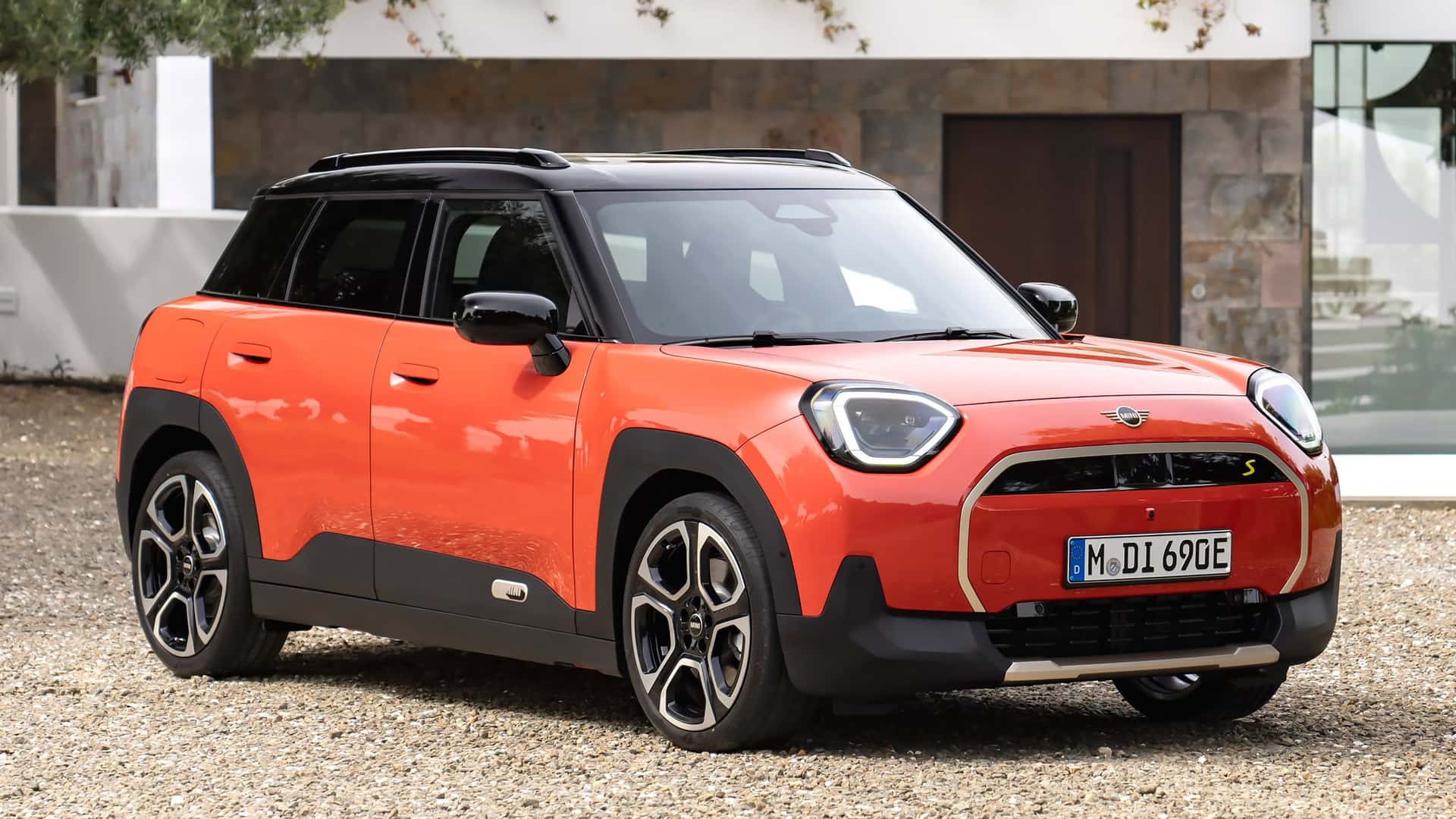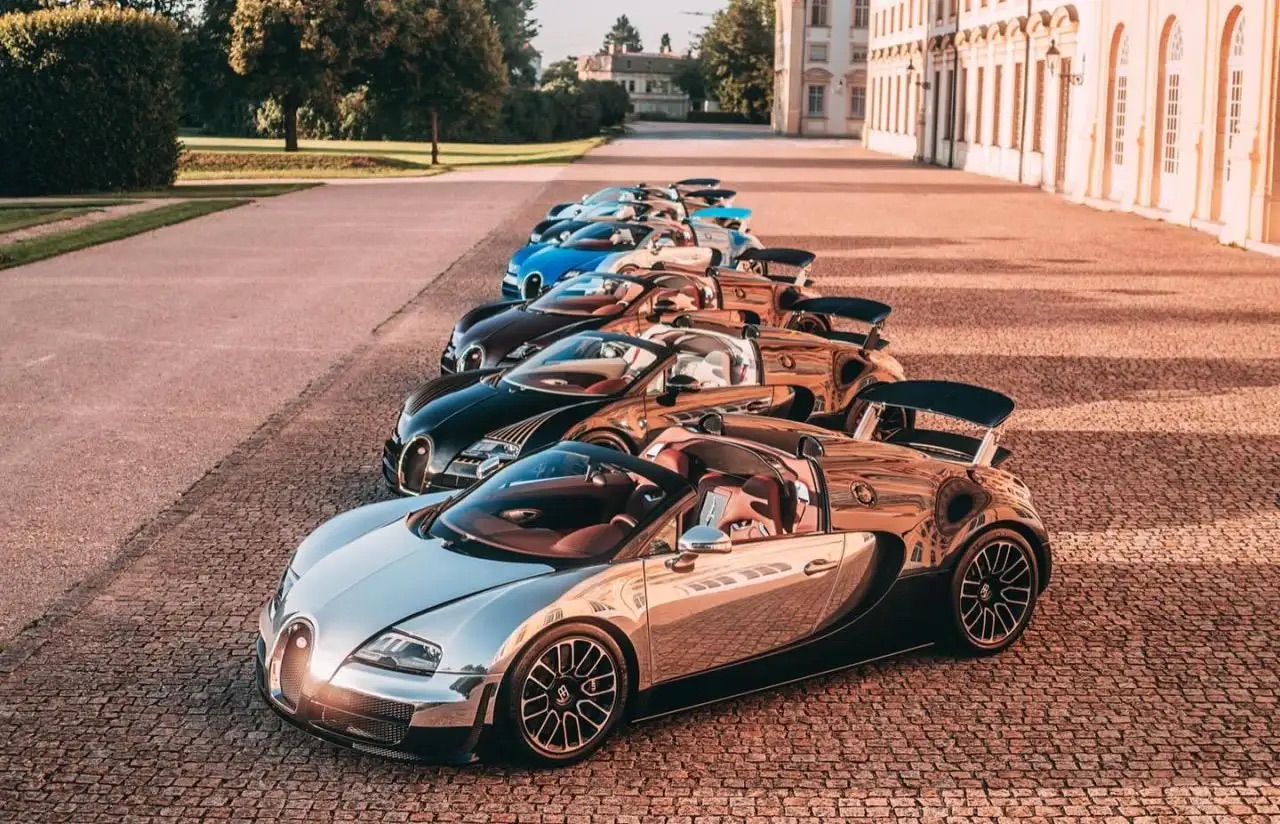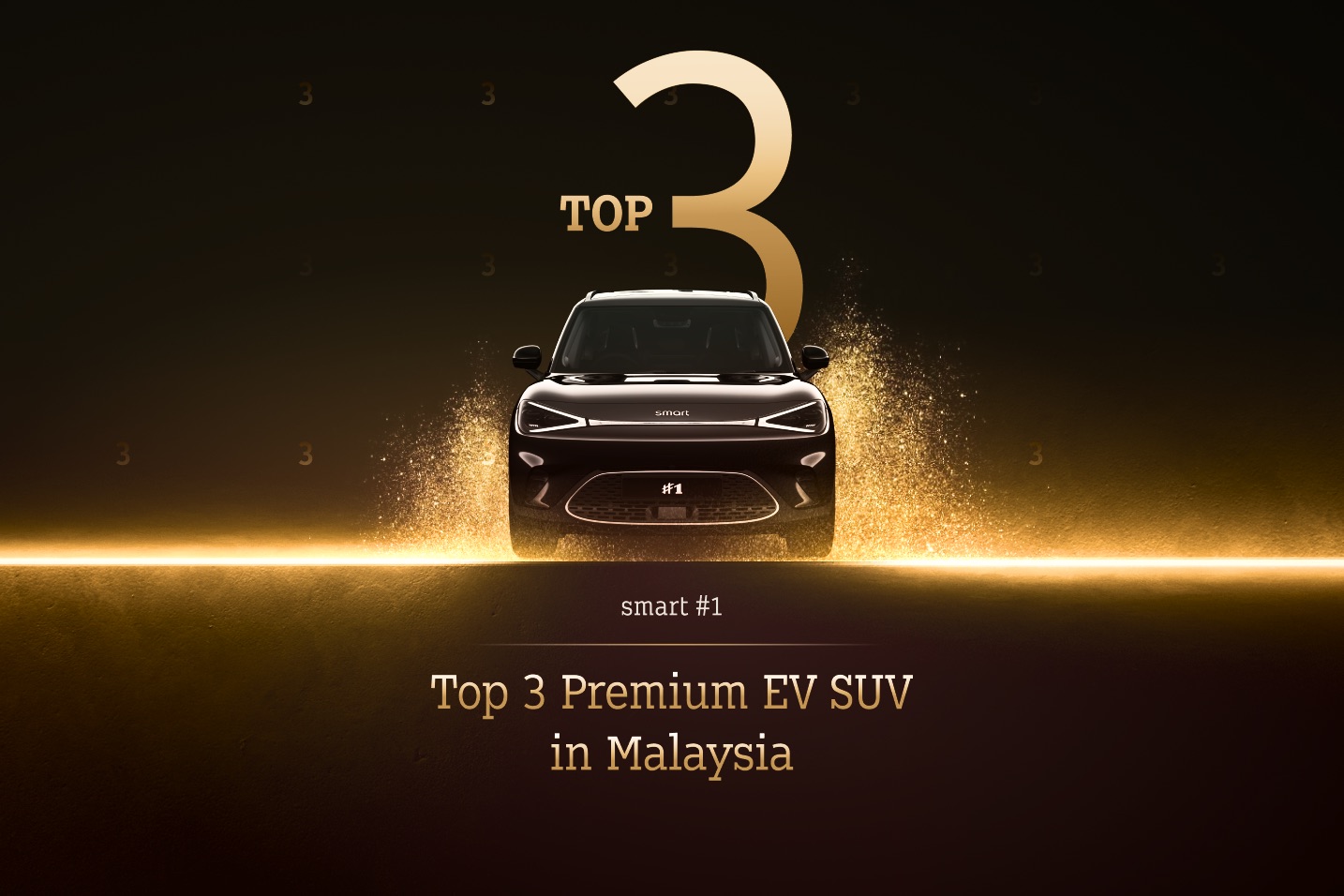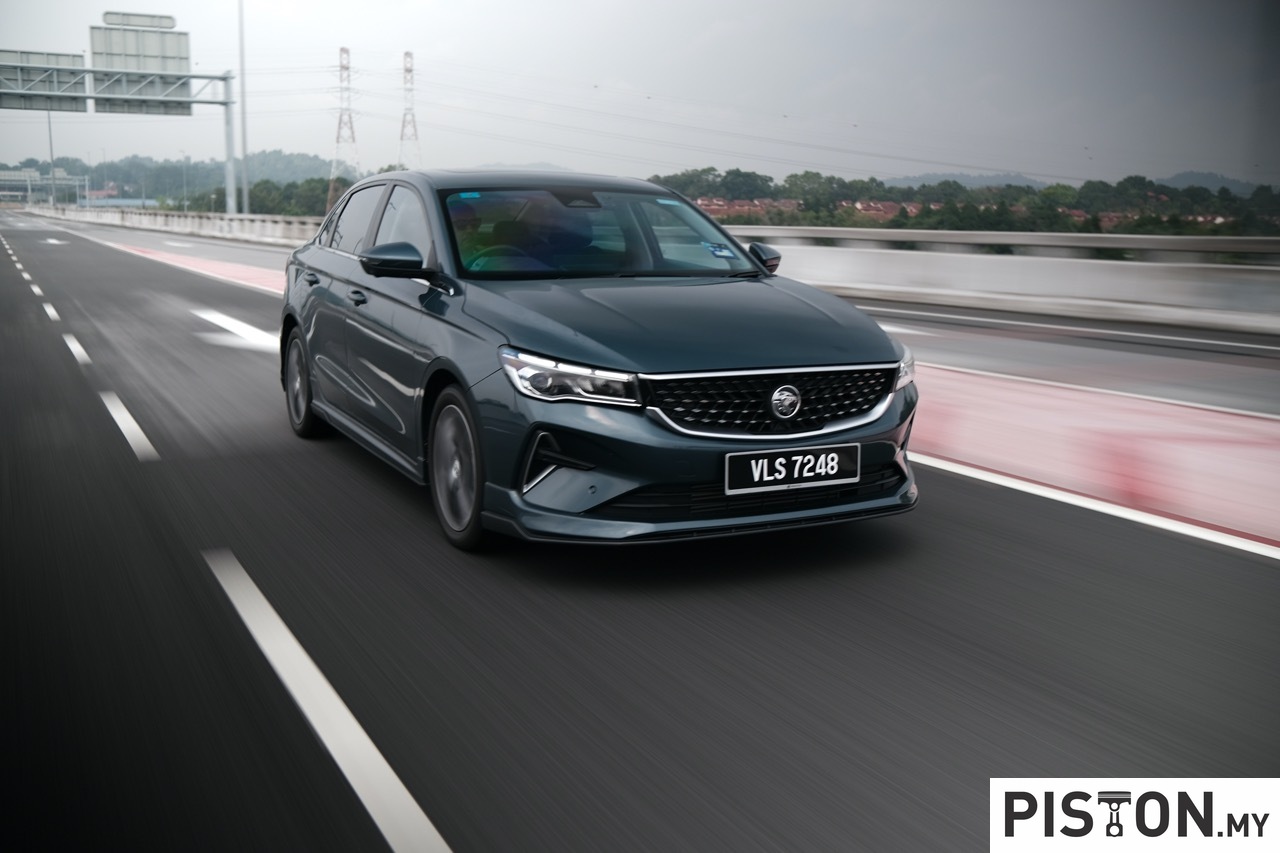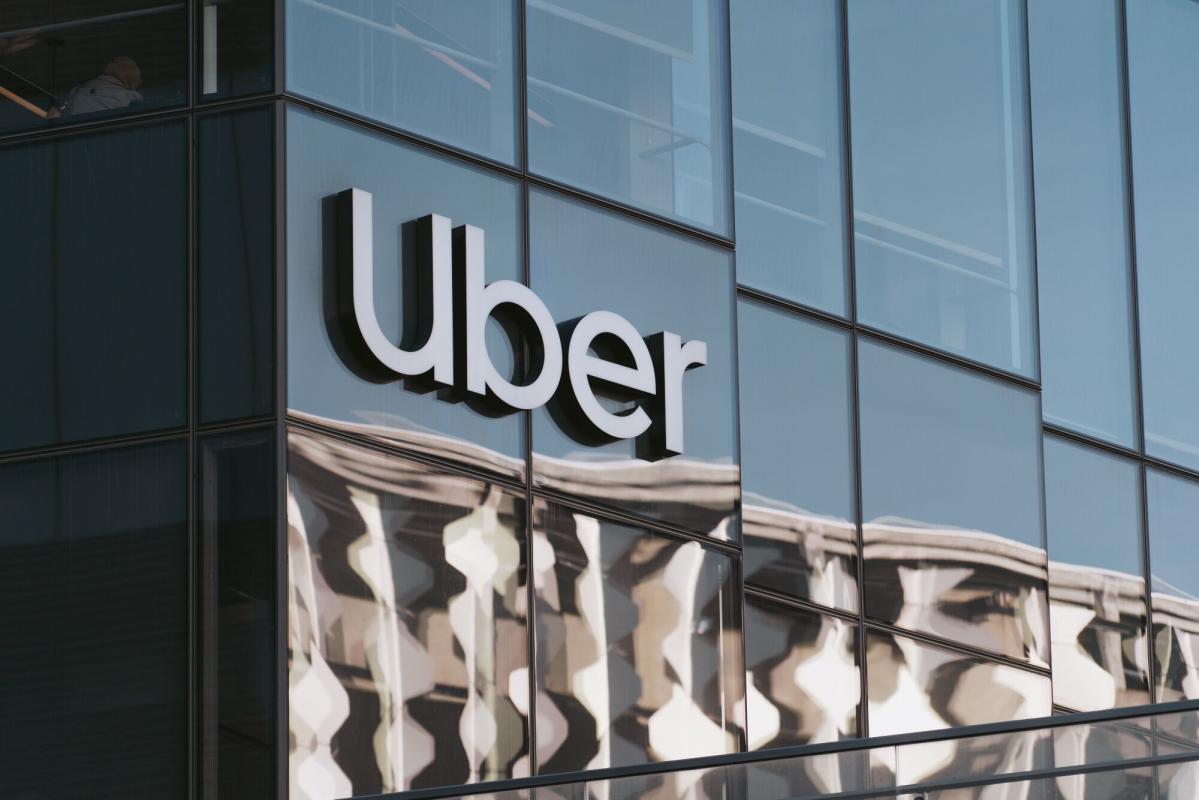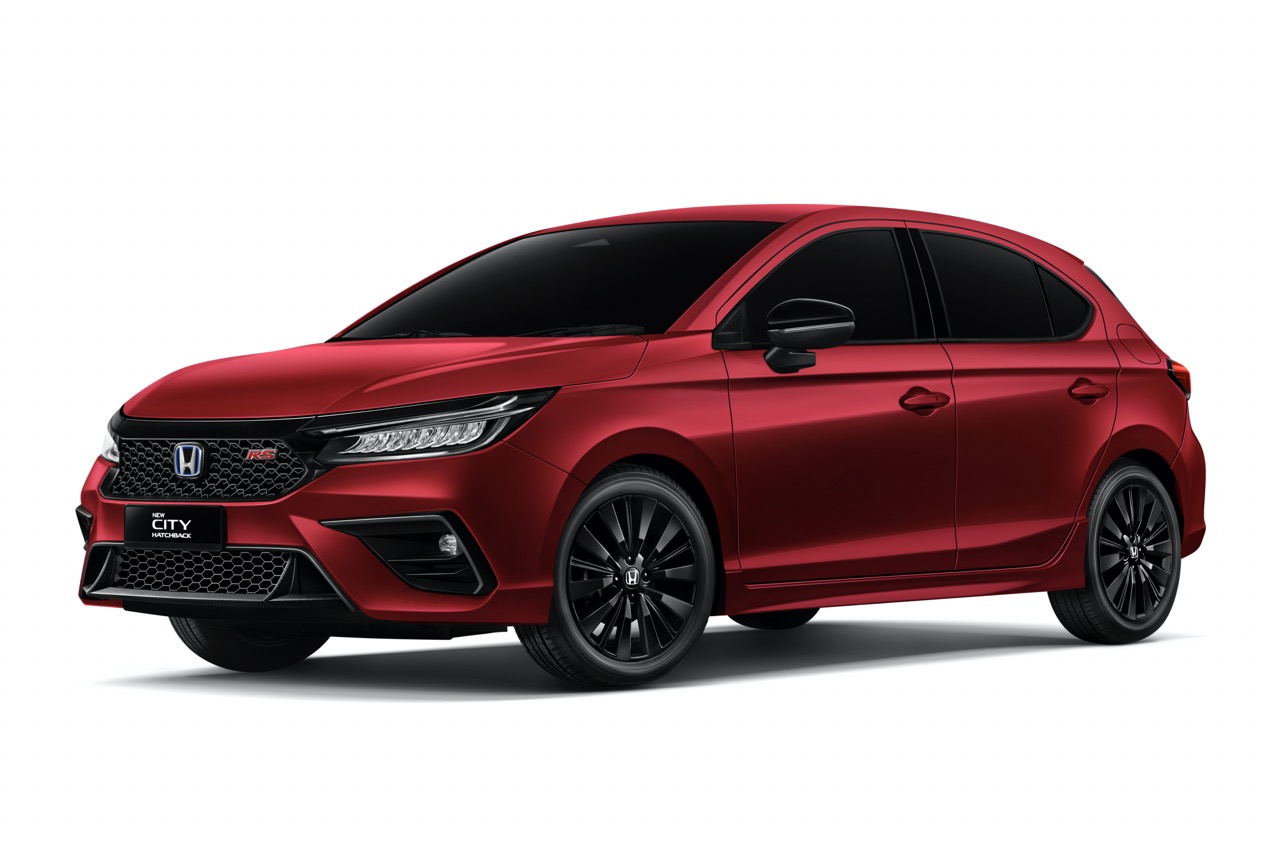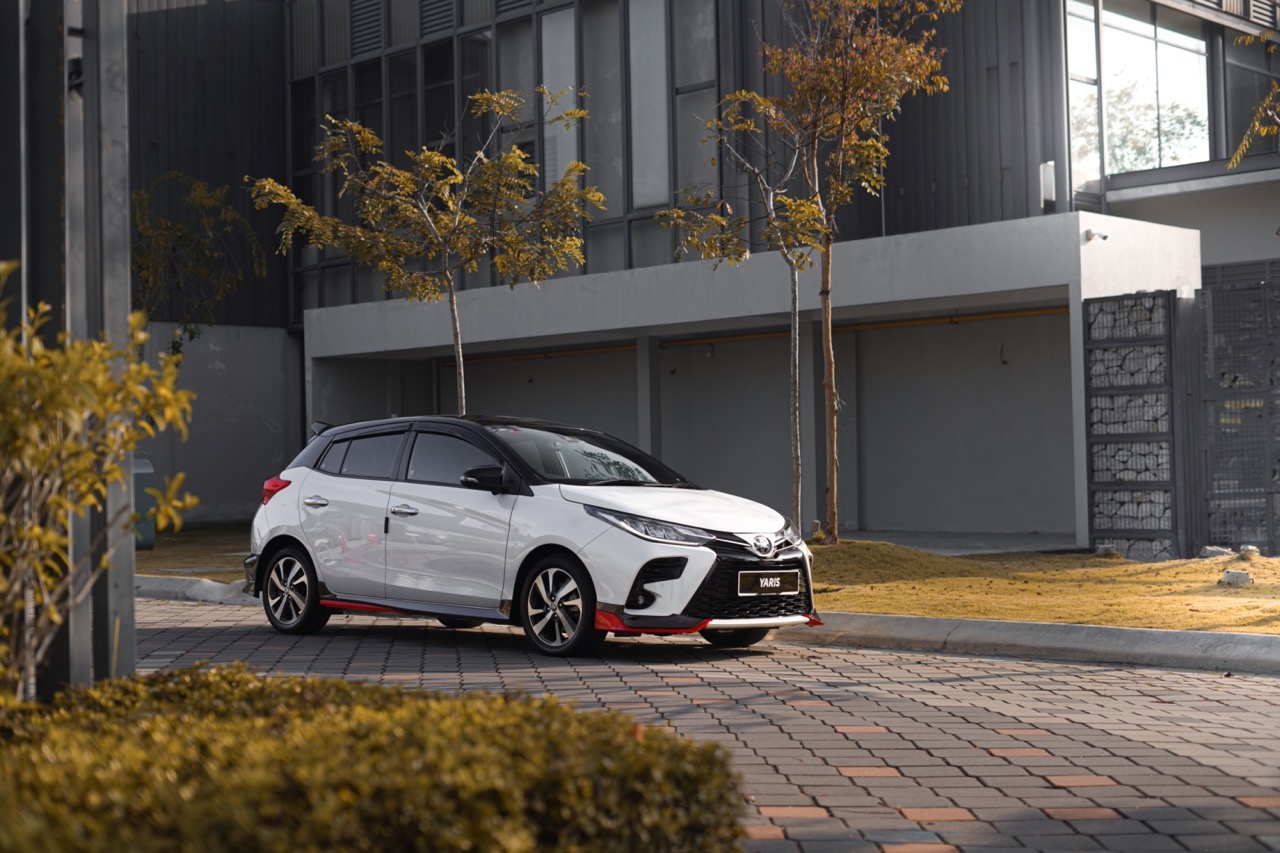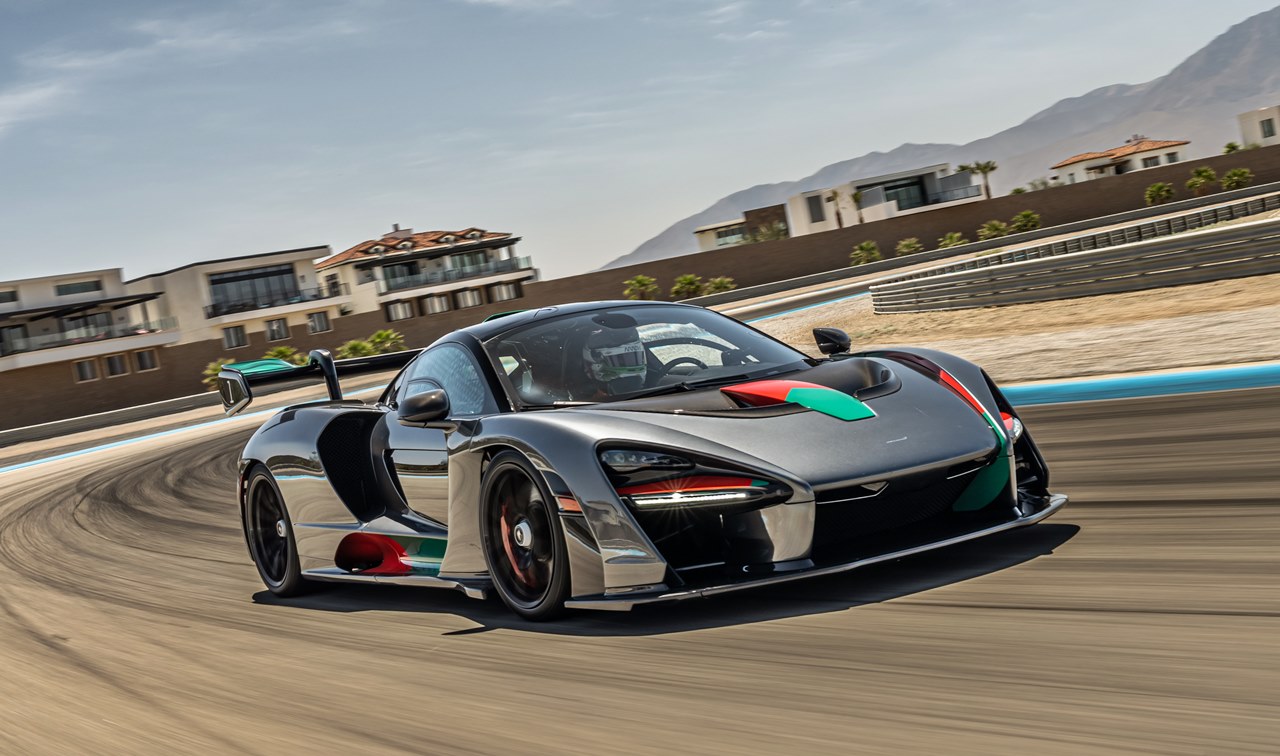It’s not often that the auto industry gets what it asks for during Budget time but for Budget 2023, the Finance Ministry has at least given one more year (to the end of 2024) for the full duty exemption on battery electric vehicles (BEVs). Last year, the exemption period announced was only for 2022 and 2023, with an extension until the end of 2025 for those models which are assembled locally.
It’s not as long as what the car companies wish for but it’s probably better than nothing. The point is that while a number of companies are now importing BEVs, the sales numbers are not exactly big even if the vehicles are ‘affordable’. The prices of BEVs are still high, even without any tax imposed, and proper ones (we’re not talking about the cheap 2-seater minis from China) are still in the region of RM150,000.
Even hybrid electric (HEV) technology is only just becoming ‘affordable’ for Malaysians after some 20 years – but still not at national brand price levels. That’s partly because manufacturers like Toyota and Honda have made a big push with HEV technology which they believe is more practical than BEVs, especially for markets like Malaysia where electrification is still in its infancy.
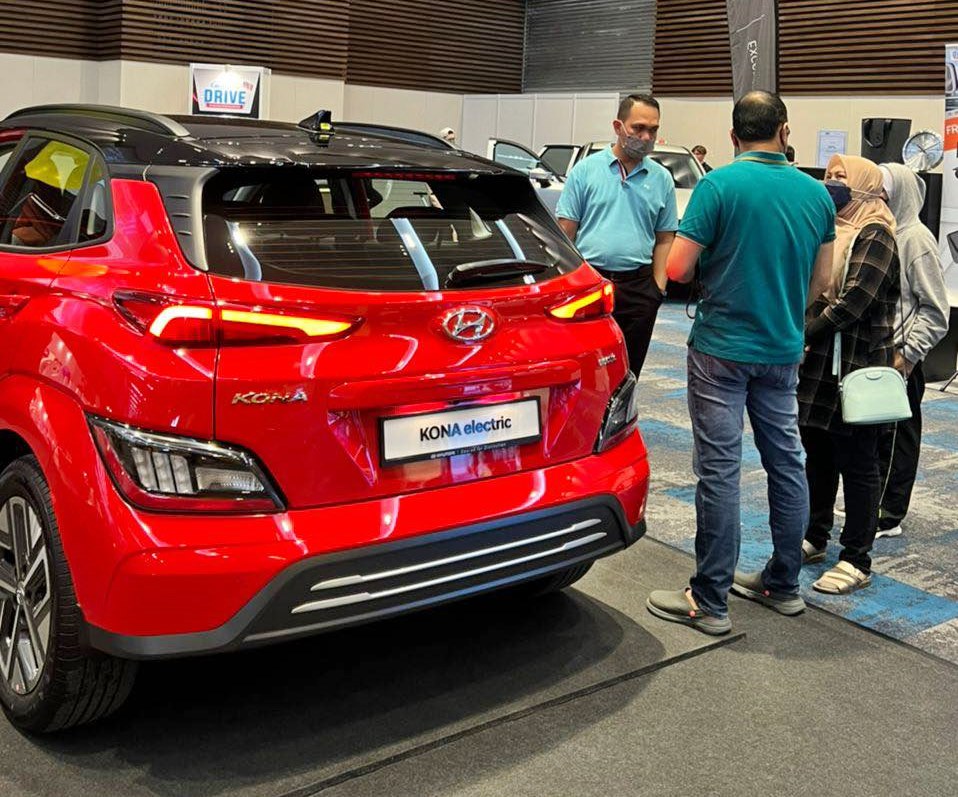
As an added incentive, the government will also exempt fees for APs (Approved Permits) for the import of BEVs until the end of 2023. At present, each AP (Open category) issued has a RM10,000 fee, and this amount will double in future. Therefore, those who bring in models of brands not already restricted due to franchise APs being issued should be able to lower retail prices (hopefully).
Moving towards local assembly
While the incentives are attractive, going further to assemble models locally is a different ball game and requires big volumes. Companies which have begun assembling some HEV/PHEV models (for which there are also incentives to offset production costs) are only just seeing volumes growing slowly. The faster the volumes grow, the faster prices of EVs can start to move down but, in the meantime, companies like Honda Malaysia say they are working on lowering costs of HEVs anyway.
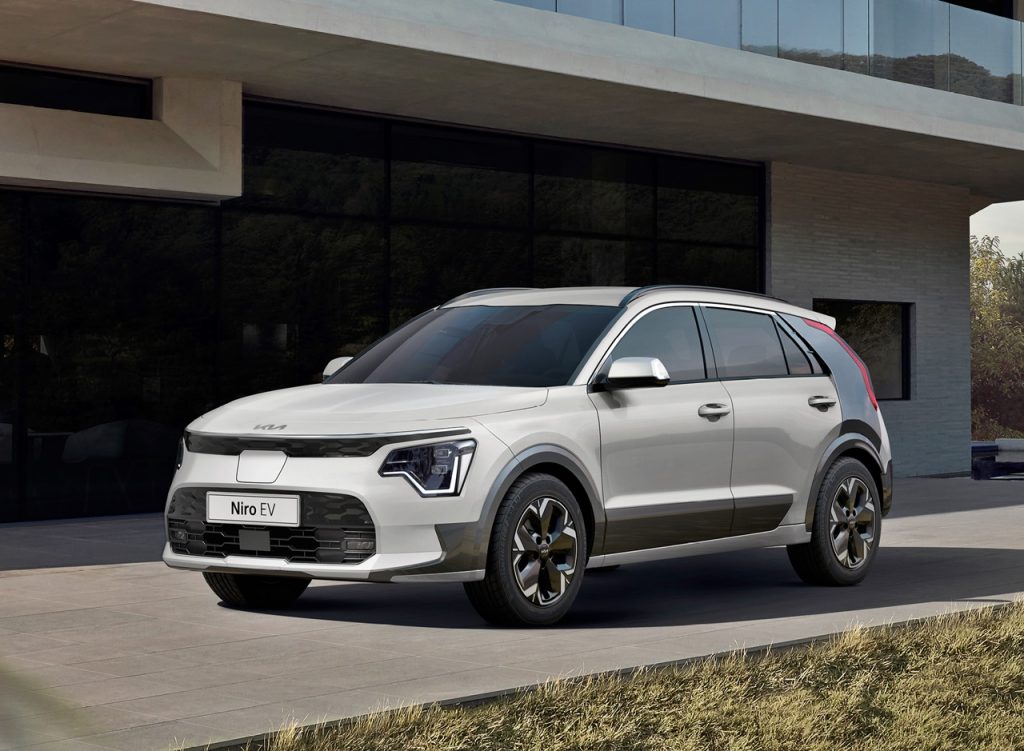
Kia Malaysia is one company which has revealed definite plans for electrification all the way to local assembly of a BEV model by the end of 2023. Its plan looks at the ASEAN region as a single market which will be supplied from Malaysia, with a target of 61% of production to be exported. The BEV model it plans to assemble is the Niro EV but before then, locally-assembled models like the Carnival, Sorento and Sportage will also have HEV/PHEV variants.
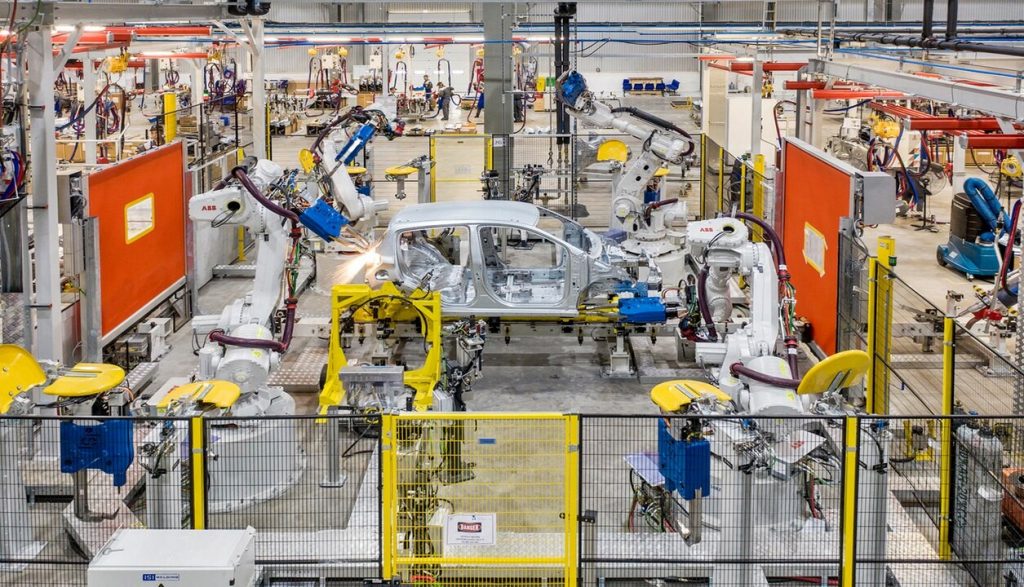
Longer period of incentives desirable
Still, the carmakers would like the government to commit to making BEVs duty-free for at least 10 years, or offer some other meaningful incentive for an extended period. Manufacturers typically plan investments for a period of up to 10 years and those investments can be huge, so they want to be sure they do not waste their money and time. The present time-frame for the duty exemption for locally-assembled BEVs is up till the end of 2025 – hardly enough time to build up market interest and demand.
Apart from the complexities of doing business in Malaysia, one of the concerns carmakers have long had is inconsistency of policies. While it is understandable that economic factors may sometimes force changes to be made, Malaysia has been known to change policies on some occasions just because the government leadership changed.
In Thailand, known for having many changes of governments, policies introduced or announced remain intact even as ministers come and go. That gives investors confidence to plan big investments for the future and know that they will be able to go ahead.
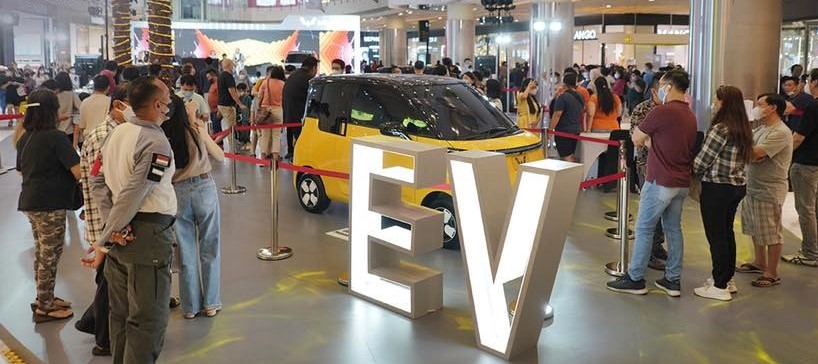
Development of charging network important
In order to get people to consider BEVs, there will need to be a sufficiently comprehensive network of recharging stations around the country. Those living in urban areas may not be too concerned but they too will wonder how they are going to charge their vehicles if they go back to their kampungs.
To develop the network as quickly as possible, the Finance Minister today announced that manufacturers of equipment related to EV charging will be given 100% tax exemption on their investments. This provision will be effective from 2023 until 2032, along with a 100% investment tax allowance.
Currently, those who purchase a BEV can claim personal tax exemption of up to RM2,500 for expenditures on hardware such as charging wallboxes as well as fees related to use of EV charging facilities. This provision is given for tax assessment years of 2022 and 2023.
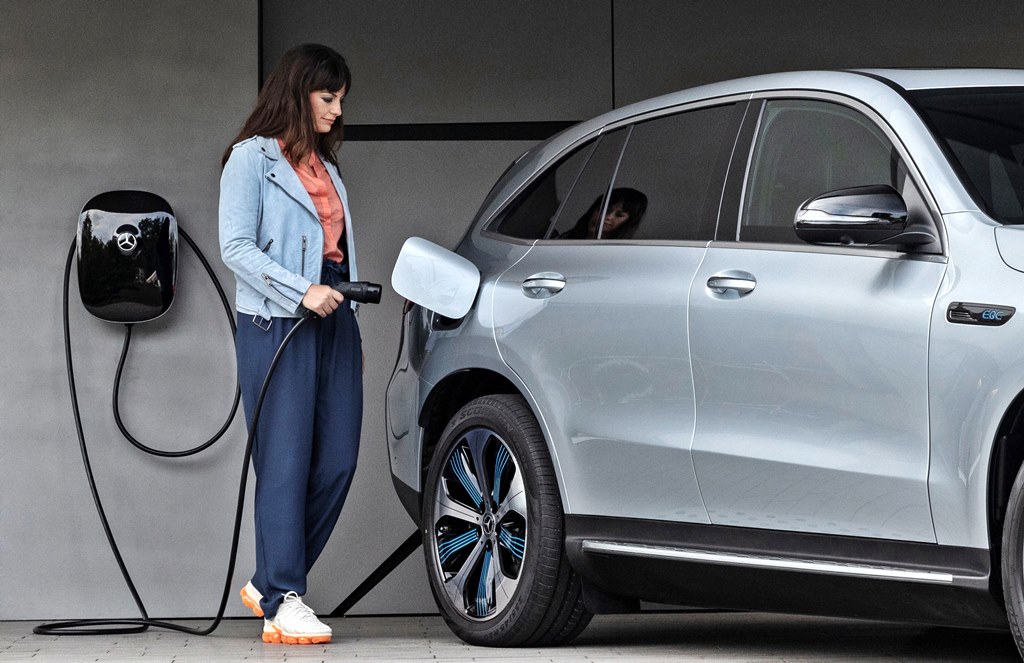
Comment from BMW Group Malaysia
“The announcements from Budget 2023 tabled today signal a brand-new era for Electrified and Sustainable Mobility in Malaysia, where the future for Electric Vehicles is bright. In our efforts to drive more Sustainable and Responsible mobility here, we are also grateful to see the forward mindset shared by Malaysians, who have not only welcomed, but have also shown great interest and enthusiasm in this new movement, new technology and new innovation,” said Hans de Visser, Managing Director of BMW Group Malaysia.
“As such, we welcome the newly announced allocations in Budget 2023 that underpin the government’s commitment to our shared vision of Electrification and Sustainability. The extension of the import and excise duty exemption for fully-imported (CBU) EVs, alongside incentives for EV charging equipment manufacturers are positive implementations that we strongly believe will further accelerate the adoption of Electrified Mobility in the country,” he added.
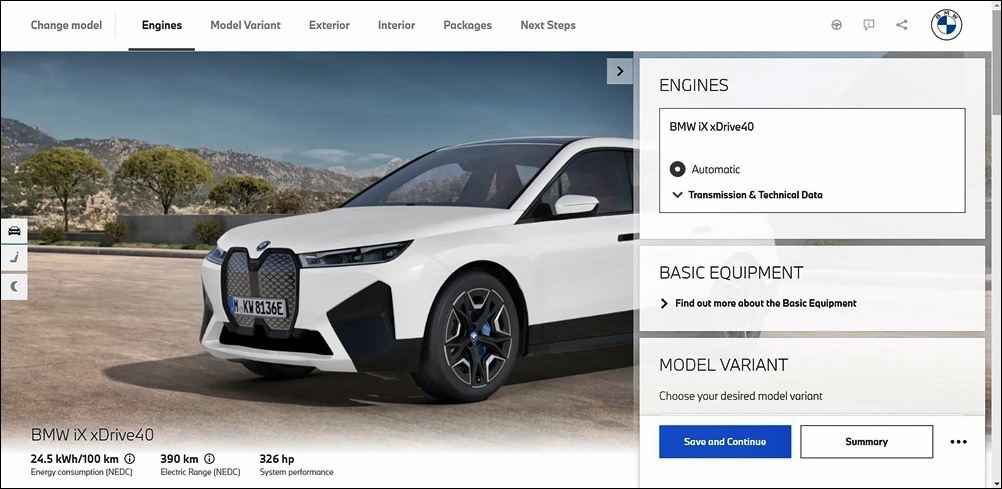
“As BMW Group Malaysia continues driving forth with our Electrification strategies, we look forward to working in tandem with the government and other key stakeholders in creating a brighter, greener future for all Malaysians,” Mr. de Visser said.


